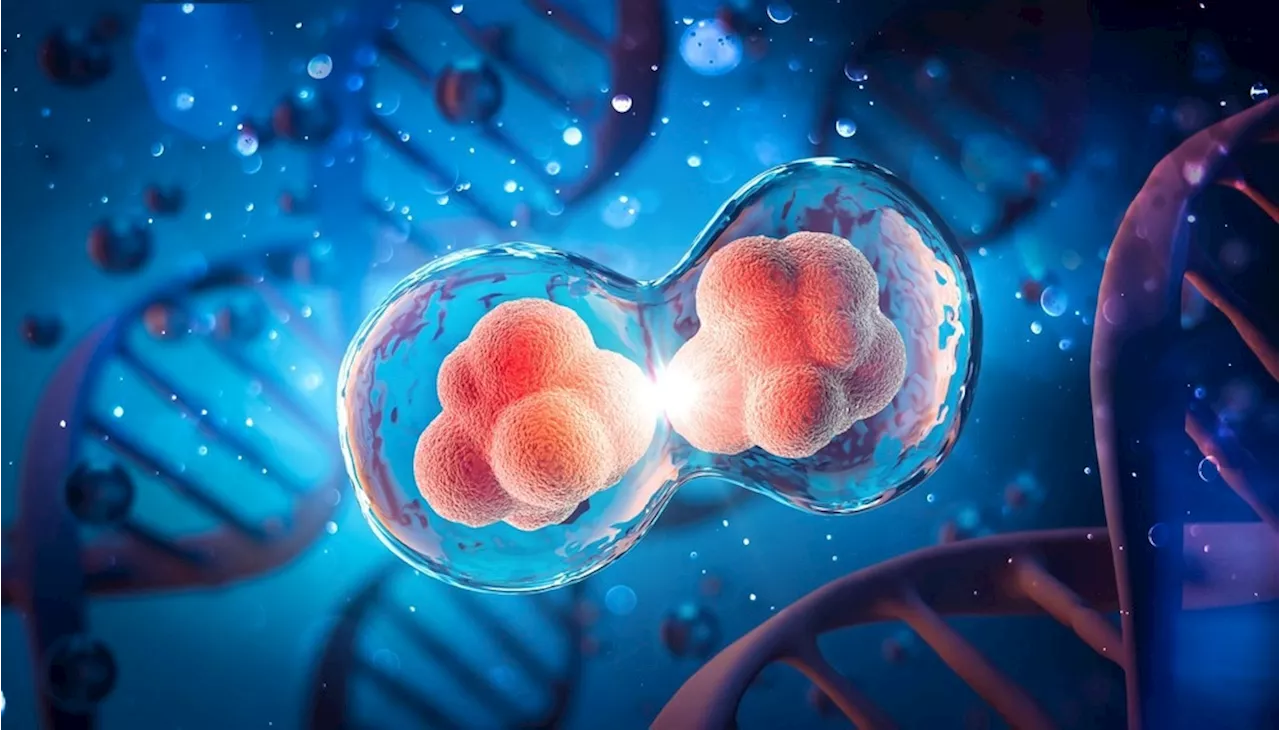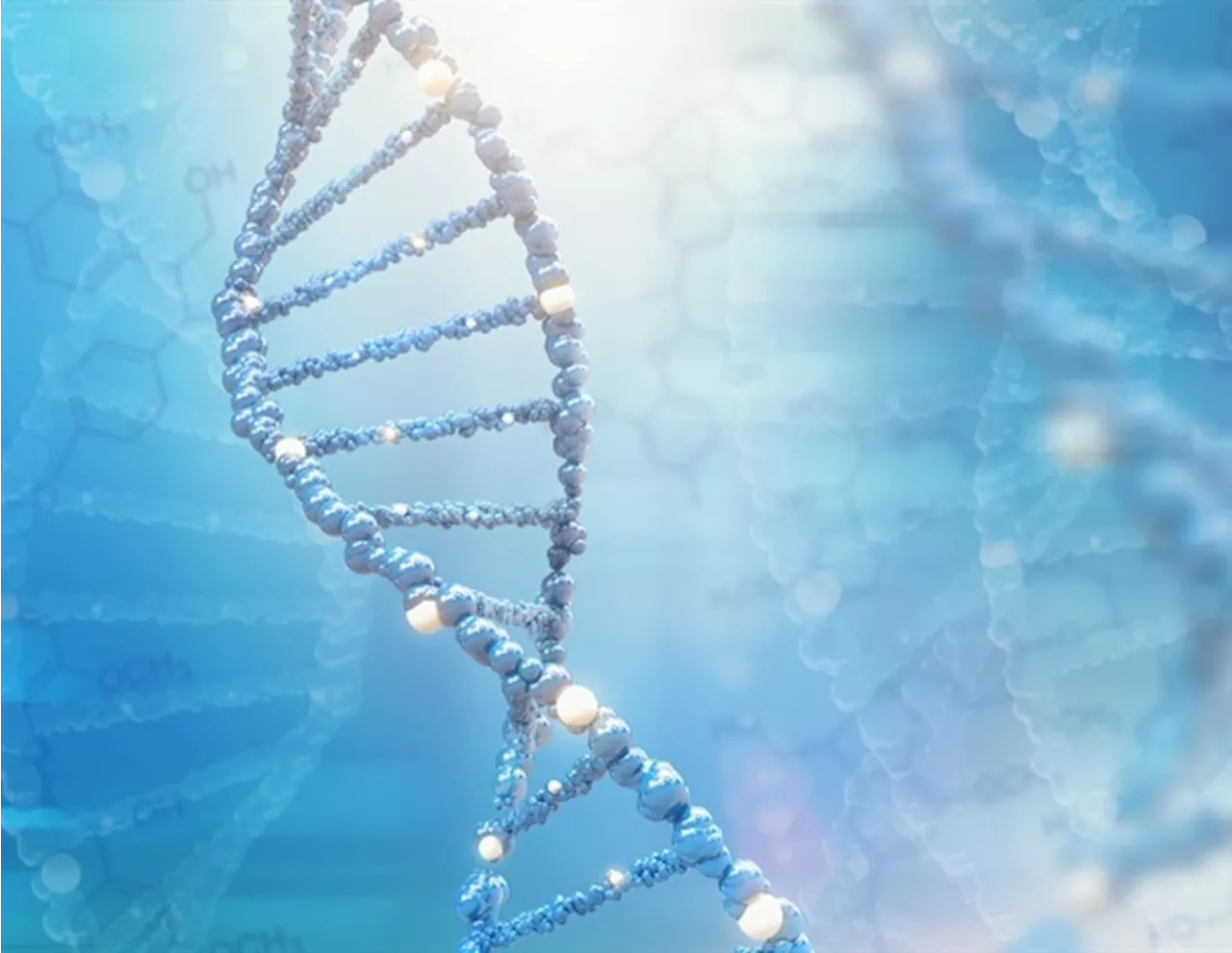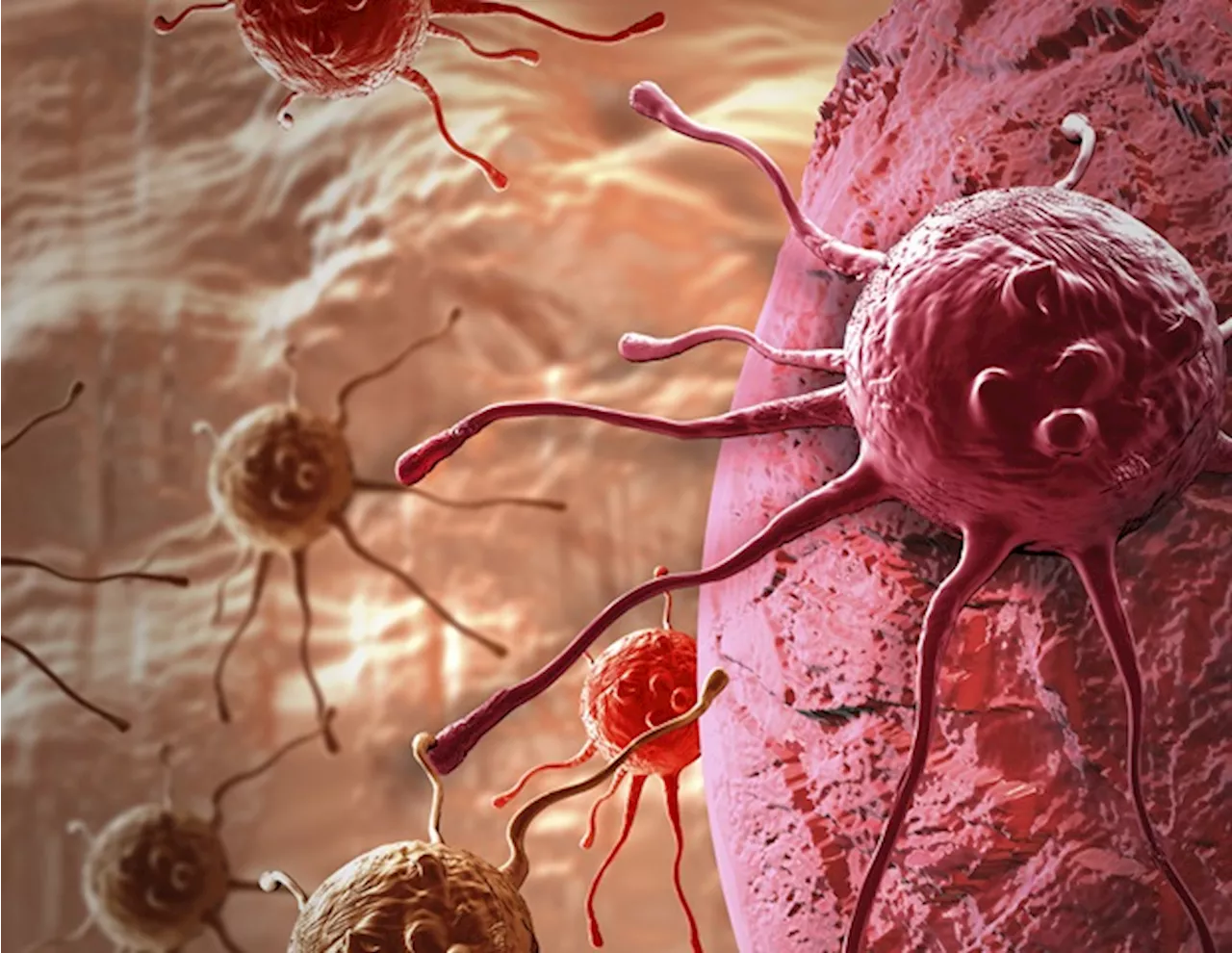The future of breast cancer screening and risk-reducing strategies is being shaped by artificial intelligence (AI), according to a review article published by Cell Press on December 12 in the journal Trends in Cancer.
Cell PressDec 13 2024 The future of breast cancer screening and risk-reducing strategies is being shaped by artificial intelligence , according to a review article published by Cell Press on December 12 in the journal Trends in Cancer.
Breast tissue that appears white on a mammogram is radiologically dense, while breast tissue that appears dark is considered non-dense. It is widely accepted that women with higher mammographic density for their age and body-mass index have a greater risk of breast cancer. In addition, higher density makes breast cancer harder to detect by mammography, known as the "masking effect."
To predict a future breast cancer diagnosis, advanced computational approaches such as deep learning are now being used to analyze mammographic images. In particular, AI methods are uncovering mammographic features that have potential to be stronger predictors of breast cancer risk than any other known risk factor. These features might explain a large proportion of the association between mammographic density and breast cancer risk.
Mammography Breast Cancer Cancer Cancer Diagnosis Cell Imaging Research Technology Ultrasound
United Kingdom Latest News, United Kingdom Headlines
Similar News:You can also read news stories similar to this one that we have collected from other news sources.
 Novel single-cell genomics analysis approach provides direct insights into cell cycle and proliferationBy inferring proliferation rates from single-cell genomics, SPRINTER enhances understanding of tumor evolution and identifies key clones in cancer progression.
Novel single-cell genomics analysis approach provides direct insights into cell cycle and proliferationBy inferring proliferation rates from single-cell genomics, SPRINTER enhances understanding of tumor evolution and identifies key clones in cancer progression.
Read more »
 High-dose chemotherapy followed by autologous stem cell transplant ineffective for patients with mantle cell lymphomaLate-breaking research reveals there is no benefit from high-dose chemotherapy followed by autologous stem cell transplant (ASCT) for patients with mantle cell lymphoma (MCL) in remission following their initial treatment.
High-dose chemotherapy followed by autologous stem cell transplant ineffective for patients with mantle cell lymphomaLate-breaking research reveals there is no benefit from high-dose chemotherapy followed by autologous stem cell transplant (ASCT) for patients with mantle cell lymphoma (MCL) in remission following their initial treatment.
Read more »
 InvivO2 cell culture workstationExplore the InvivO2 Cell Culture Workstation for researching even the most complex cell interactions.
InvivO2 cell culture workstationExplore the InvivO2 Cell Culture Workstation for researching even the most complex cell interactions.
Read more »
 Harnessing exosomes to deliver therapeutic proteinsResearchers at The Ottawa Hospital and the University of Ottawa have discovered an 18-digit code that allows proteins to attach themselves to exosomes - tiny pinched-off pieces of cells that travel around the body and deliver biochemical signals.
Harnessing exosomes to deliver therapeutic proteinsResearchers at The Ottawa Hospital and the University of Ottawa have discovered an 18-digit code that allows proteins to attach themselves to exosomes - tiny pinched-off pieces of cells that travel around the body and deliver biochemical signals.
Read more »
 Simple dietary supplement may provide new approach to boost CAR T cell cancer-fighting powerA simple dietary supplement may provide a new approach to boost CAR T cell function, according to a study from researchers in the Perelman School of Medicine at the University of Pennsylvania and Penn Medicine's Abramson Cancer Center.
Simple dietary supplement may provide new approach to boost CAR T cell cancer-fighting powerA simple dietary supplement may provide a new approach to boost CAR T cell function, according to a study from researchers in the Perelman School of Medicine at the University of Pennsylvania and Penn Medicine's Abramson Cancer Center.
Read more »
 Stanford team uses natural cell death mechanism to kill cancer cellsOur bodies divest themselves of 60 billion cells every day through a natural process of cell culling and turnover called apoptosis.
Stanford team uses natural cell death mechanism to kill cancer cellsOur bodies divest themselves of 60 billion cells every day through a natural process of cell culling and turnover called apoptosis.
Read more »
